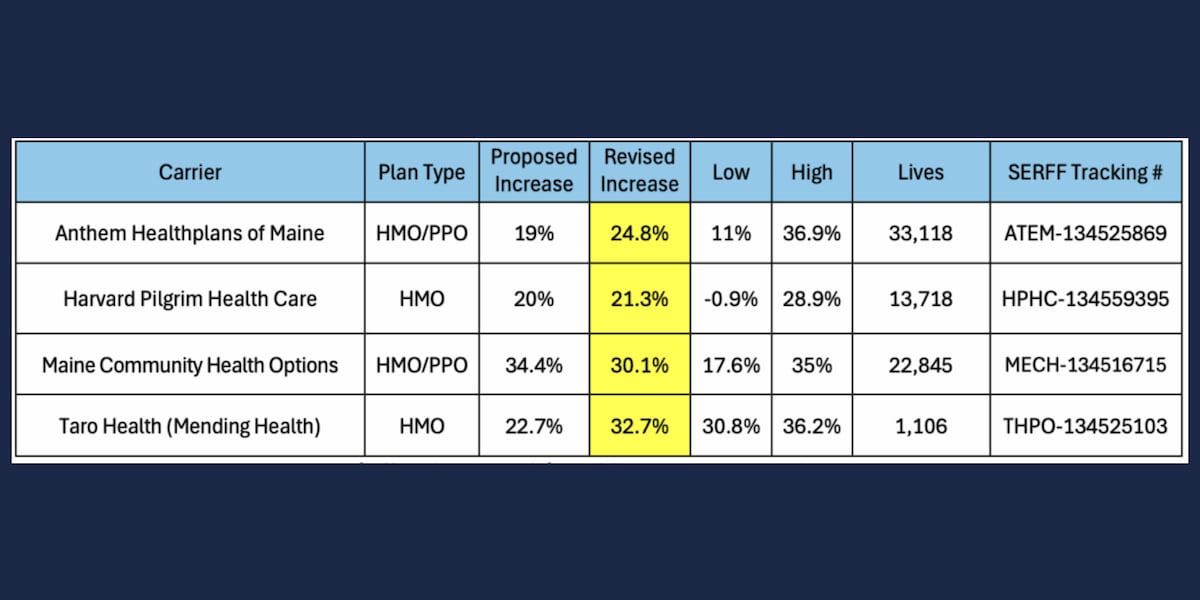Suffering in Silence: Why Heavy Periods are a Major Health Issue for South African Women

Millions of women across South Africa are silently battling a debilitating health issue: heavy menstrual bleeding (HMB). Often dismissed as 'just a period,' HMB can have a profound impact on a woman's physical and mental health, her ability to work, and her overall quality of life. It's time to bring this hidden crisis out of the shadows and understand the causes, consequences, and available treatments.
What is Heavy Menstrual Bleeding?
HMB is defined as significantly heavier or longer menstrual periods than what is considered normal. While what's 'normal' varies from woman to woman, common signs of HMB include needing to change pads or tampons every hour or two, soaking through them overnight, passing large blood clots, and experiencing periods that last longer than seven days. Some women experience debilitating pain and fatigue alongside excessive bleeding.
The Impact on South African Women
The prevalence of HMB in South Africa is concerning. It's linked to a range of health problems, including iron-deficiency anemia, which can lead to fatigue, weakness, and impaired cognitive function. For many women, the sheer volume of blood loss can be physically exhausting, making it difficult to work, attend school, or care for their families. The emotional toll is also significant; HMB can cause anxiety, depression, and a feeling of being trapped or restricted by their own bodies.
What Causes Heavy Periods?
Several factors can contribute to HMB. These include:
- Uterine Fibroids: Non-cancerous growths in the uterus that are a common cause of heavy bleeding.
- Uterine Polyps: Growths in the lining of the uterus.
- Adenomyosis: A condition where the uterine lining grows into the muscular wall of the uterus.
- Hormonal Imbalances: Fluctuations in estrogen and progesterone levels can disrupt the menstrual cycle.
- Certain Medications: Blood thinners and hormonal medications can increase bleeding.
- Endometriosis: A condition where tissue similar to the uterine lining grows outside the uterus.
- Pelvic Inflammatory Disease (PID): An infection of the reproductive organs.
Seeking Help and Treatment
It's crucial for South African women experiencing HMB to seek medical attention. A doctor can perform a thorough examination, including a pelvic exam and potentially imaging tests like an ultrasound, to determine the underlying cause. Treatment options vary depending on the cause and severity of the condition, and may include:
- Medications: Nonsteroidal anti-inflammatory drugs (NSAIDs) to reduce pain and bleeding, hormonal birth control to regulate the cycle, and tranexamic acid to help clot the blood.
- Procedures: Dilation and curettage (D&C) to remove uterine lining, endometrial ablation to destroy the uterine lining, and in some cases, surgery to remove fibroids or polyps.
Breaking the Silence
The stigma surrounding menstruation often prevents women from discussing their concerns about heavy periods. It's essential to break this silence and encourage open conversations about women's health. Raising awareness about HMB can empower women to seek help, improve their quality of life, and ultimately, improve the health and well-being of South African women nationwide. Don’t suffer in silence - talk to your doctor about your concerns.






